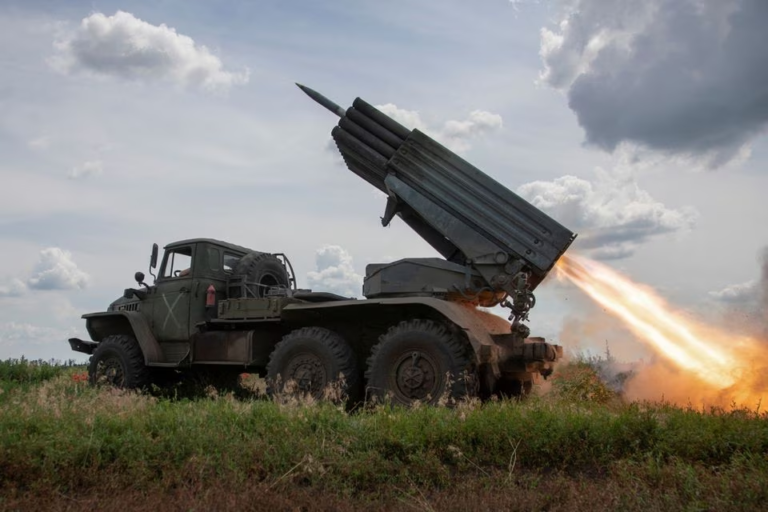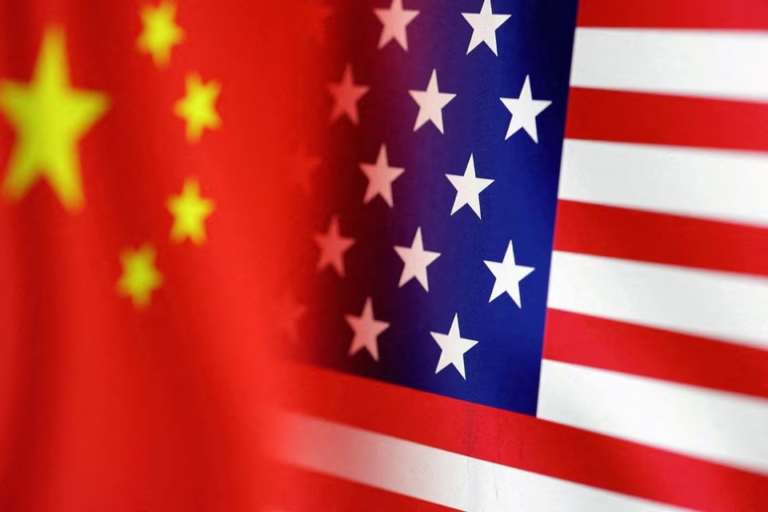SEOUL, Sept 22 (Reuters) – South Korea on Friday said it has asked the United States to resolve uncertainties regarding U.S. export controls in the chip sector and subsidies for chip investment.
Industry Minister Bang Moon-kyu met with U.S. Deputy Secretary of Commerce Don Graves in Seoul on Friday ahead of the expiry next month of a year-long waiver for Samsung Electronics (005930.KS) and SK Hynix (000660.KS) to import U.S. chip-making equipment into China.
The waiver allowed the South Korean pair to supply equipment for their chip production facilities in China without additional licensing requirements.
The U.S. has not announced how or whether the waiver may be extended when it expires in October, or any conditions which would further affect the firms’ production plans in China.
Bang has sought “active cooperation” from the U.S. Department of Commerce to resolve issues relating to export controls, South Korea’s Ministry of Trade, Industry and Energy said in a statement without elaborating.
Samsung Electronics has NAND flash memory production in Xian, China whereas SK Hynix has DRAM chip production in Wuxi and NAND Flash production in Dalian. The companies together control nearly 70% of global DRAM and 50% of NAND flash markets as at June-end, showed data from TrendForce.
Separately, in March, the U.S. Department of Commerce imposed guard rails for investment hopefuls applying for billions of dollars in subsidies under the CHIPS Act. Those guard rails include limiting expansion of chip manufacturing in China for 10 years after winning funding.
Analysts expect further details on the matter to be announced in the near future.
Samsung, which is building a chip plant in Texas to begin shipping in late 2024, has completed the main application for U.S. subsidies and could hear the result by year-end, said people with knowledge of the matter, declining to be identified as the information was not public.
Samsung declined comment.
Source : Reuters







